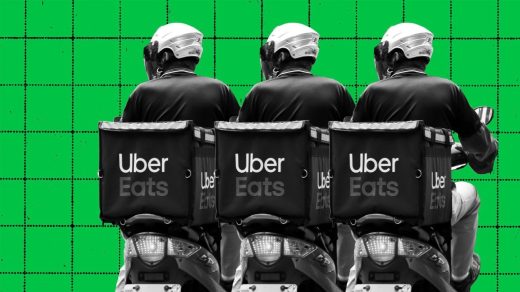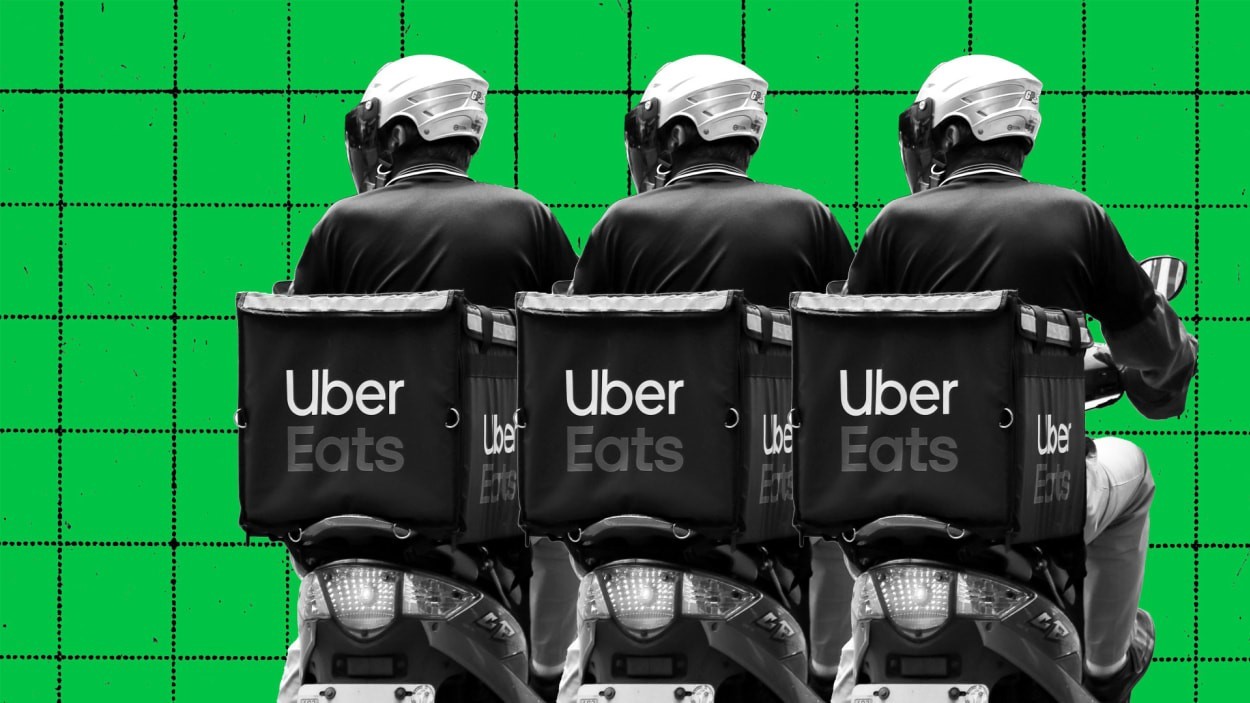Here’s how DoorDash, Uber, and Lyft are responding to rule change on gig work
The Department of Labor on Tuesday enacted a new rule aimed at preventing the misclassification of workers as independent contractors. The effort, first proposed in October 2022, provides a guide to whether a worker is an employee or an independent operator under the Fair Labor Standards Act, a difference that could afford someone key legal protections and compensation.
Proponents of the rule have said that this guide will allow workers more protections from companies that are working to avoid paying minimum wage and certain benefits, like sick leave or paid time off. Opponents argue the ruling will threaten the flexibility that is key for these companies and will lead to onerous costs and regulations. The rule is set to take effect March 11.
Here’s how the major gig players reacted to Tuesday’s news.
DoorDash
DoorDash said in a statement that it did not believe the ruling would have a big impact on the company. “We are confident that Dashers are properly classified as independent contractors under the Fair Labor Standards Act, and we do not anticipate this rule causing changes to our business,” the company said, noting that the majority of its gig workers put in relatively few hours. “The vast majority of Dashers already have a full- or part-time job or are primary caregivers, students, self-employed, or retired,” the company said. “The average time Dashers spend on delivery across the U.S. is less than 4 hours per week, and 90% of all Dashers average less than 10 hours per week on delivery.”
The company’s statement hammered home its assertion that its delivery drivers “prefer to remain independent contractors” while noting that it would “engage with the Department of Labor, Congress, and other stakeholders to find solutions that ensure Dashers maintain their flexibility while gaining access to new benefits and protections.” Companies operating in the gig economy have been pushing for a compromise that would keep workers as independent contractors but provide benefits like some sick leave.
Instacart
Instacart emphasized that the ruling itself doesn’t reclassify workers, but rather provides a framework for future consideration. “The Department of Labor rule released today does not reclassify any workers. It merely provides interpretation guidance on the factors the agency plans to consider when determining workers’ status under federal minimum wage law,” the company said in a statement. “This was a missed opportunity for the agency to recognize that the way people work has evolved.”
Instacart added that the company will continue to push for the flexibility ensured by maintaining an independent role. “We will continue to work closely with the Department of Labor to ensure they are hearing directly from Instacart shoppers and the millions of other workers who choose—and count on—flexible, independent earnings opportunities.”
Lyft
Lyft also made it clear that there is no immediate impact on the company as of Tuesday. “While we are still reviewing the new final rule, our initial view is there is no immediate or direct impact on Lyft’s business at this time,” the company said. The statement then went on to lay out the new rule, which it says “emphasizes a broader approach to determining if a worker is an employee or independent contractor under the FLSA.” Lyft argued that while the rule was created to make things easier, it actually is making the situation increasingly unclear. “While the intent of the rule was to provide clarity, this new guidance creates additional complexities and ambiguities for companies and courts alike across the country.”
Lyft added that its workers are attracted to the gig work model because of the flexibility. “The Department of Labor’s references to app-based work during this rulemaking process create unnecessary confusion and make clear that the agency misunderstands our industry and the needs of app-based workers.” The statement goes on to say that the company will continue to “work with federal lawmakers to ensure the voices of app-based workers nationwide are heard and to advocate for a model that protects their independence.”
Uber
In its own statement, Uber also stressed workers’ interest in flexibility and the fact that the rule does not have any current impacts on the company. “This rule does not materially change the law under which we operate, and won’t impact the classification of the over 1 million Americans who turn to Uber to make money flexibly,” the company said. “Drivers across the country have made it overwhelmingly clear—in their comments on this rule and in survey after survey—that they do not want to lose the unique independence they enjoy.”
Uber said it will continue to advocate for what it claims drivers want. “As this rule is implemented, we look forward to working with the Biden administration and making sure they continue to hear directly from drivers.”
Flex
Flex—an app-based trade association that counts DoorDash, Gopuff, Grubhub, HopSkipDrive, Instacart, Lyft, Shipt, and Uber as members—criticized the new rule: “While we do not anticipate immediate impacts, the DoL’s new guidance could generate significant uncertainty for millions of small-business owners and entrepreneurs. That’s why we will seek to ensure implementation of this rule does not target workers who overwhelmingly turn to app-based platforms to earn supplemental income on their own terms.”
Grubhub
A spokesperson for Grubhub referred to the Flex statement.
(5)



